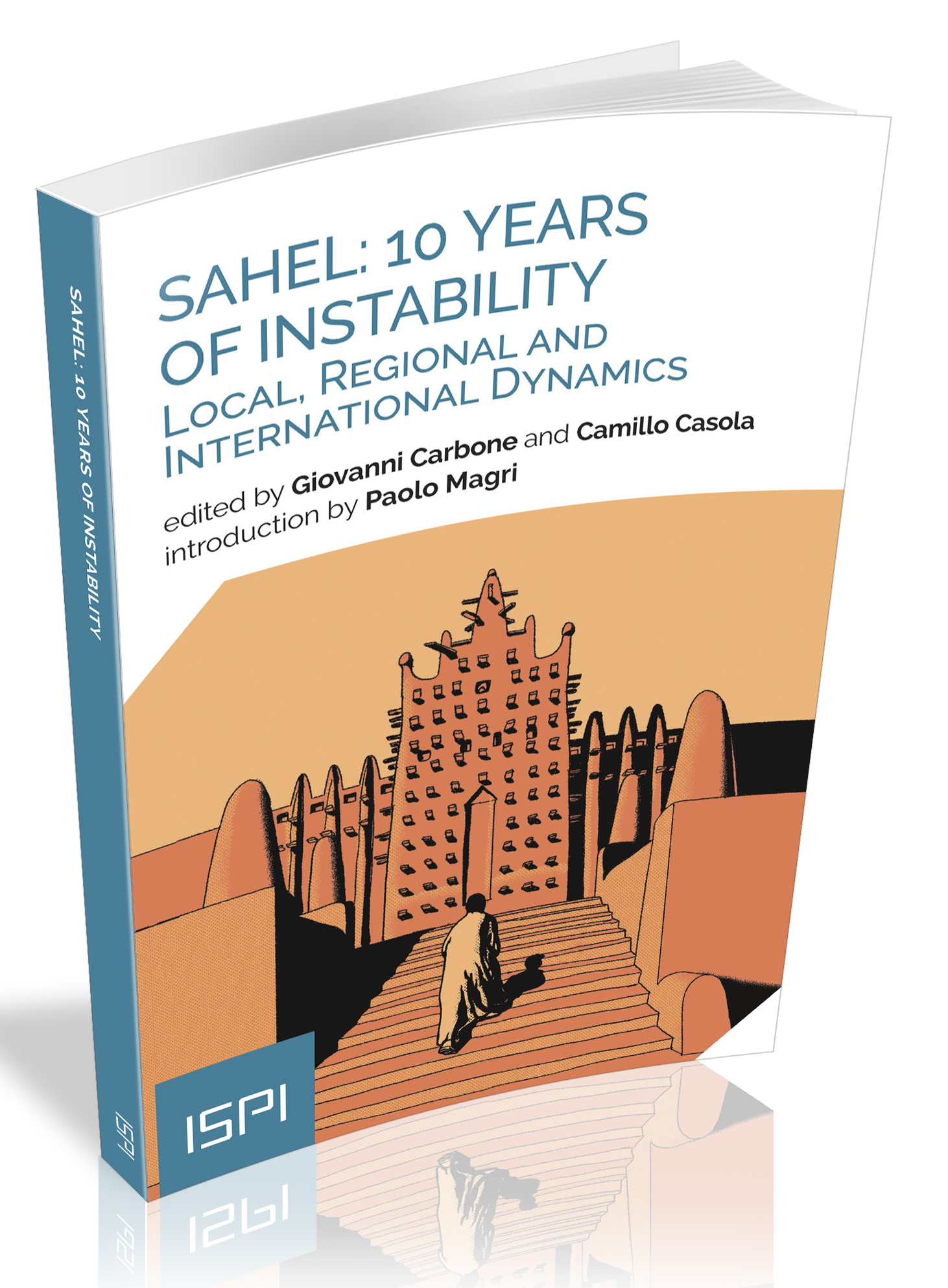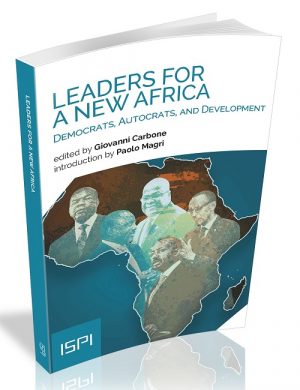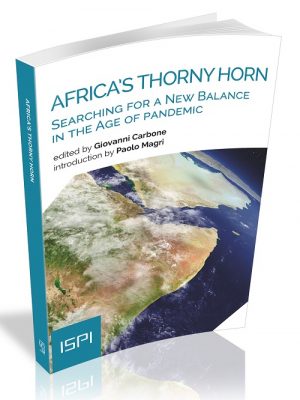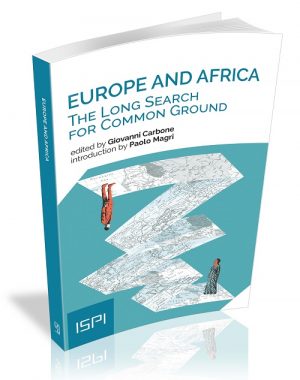Ten years after the start of the Malian crisis, political and security instability in the Sahel have changed in scale and nature, and spilled over across national frontiers. The border region between Mali, Burkina Faso and Niger has become the new epicentre of insecurity. The comeback of military actors on the political scene, and the support provided by large parts of the population to post-coup military juntas is evidence of poor governance and a severe deterioration in the legitimacy of elected authorities. In this complex scenario, the initiatives of external partners affect regional balances, making the Sahel a major theatre for power competition. How did the crisis evolve over the past decade? What are the main drivers behind local, regional and international dynamics? What prospects for regional stability?
ISPI. L’ISPI è un think tank indipendente dedicato allo studio delle dinamiche politiche ed economiche internazionali fondato nel 1934. È l’unico istituto italiano – e tra i pochissimi in Europa – ad affiancare all’attività di ricerca un significativo impegno nella formazione, nella convegnistica e nell’analisi dei rischi e delle opportunità a livello mondiale per le imprese e le istituzioni. L’ISPI privilegia un approccio interdisciplinare e “policy-oriented” reso possibile da un team di ricerca di oltre 50 analisti e può inoltre contare su un network internazionale di 70 università, think tank e centri di ricerca. Nel Ranking 2020 “Global Go To Think Tank Index Report” dell’Università di Pennsylvania, ISPI si conferma al primo posto tra 153 Think Tank italiani ed è Centro di eccellenza globale per il primato consecutivo 2018 – 2020 in una delle categorie del ranking.
DATI BIBLIOGRAFICI
A cura di: Giovanni Carbone, Camillo Casola
Editore: Ledizioni
Collana: Pubblicazioni ISPI
Pubblicato in: ottobre 2022
Lingua: inglese
Formato: brossura 139 p. – ePub
ISBN cartaceo: 9788855267823
ISBN ePub: 9788855267830
Prezzo cartaceo: 12,00 €
Prezzo ePub: 6,99 €












Recensioni
Ancora non ci sono recensioni.